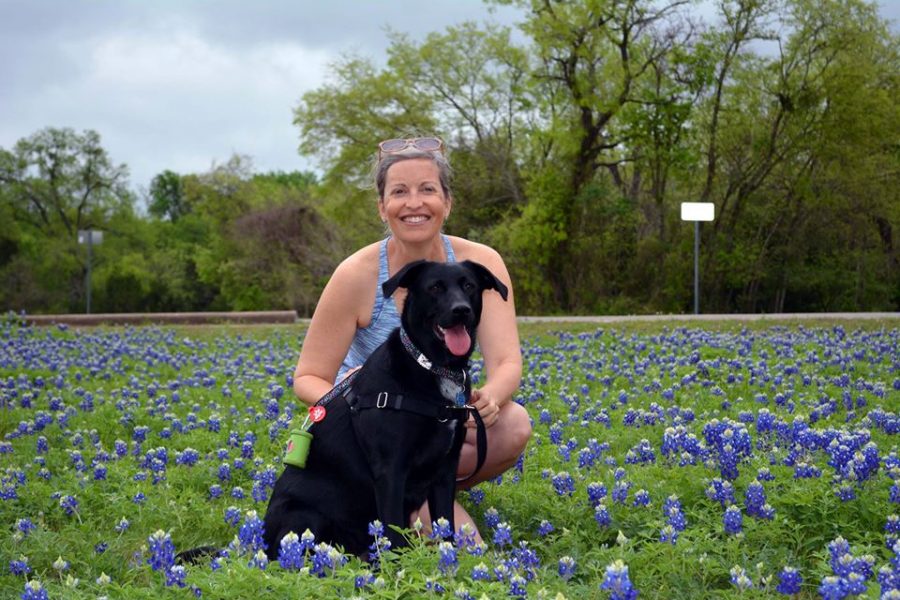Survey finds pandemic strengthens bonds between humans, pets
Owners concerned about food, veterinary care; humans bond with animals like they bond with other humans
COURTESY OF JENNIFER CURRIN-MCCULLOCH
Survey participants reported looking forward to spending time with their pets each day. No one reported taking care of a pet felt like extra work.
June 17, 2020
Humans are relying more on their pets for companionship, hope and a sense of purpose during the COVID-19 pandemic, according to recent surveys about human-animal interactions.
A team of five researchers, including Phyllis Erdman, executive associate dean of WSU’s College of Education, surveyed over 4,000 people about how their relationship with their dogs changed since being home.
None of the respondents reported caring for their pet felt like work or a burden, Erdman said. Instead, many people said being with their dog gave them something to look forward to each day.
“When you’re self-isolating, it is so nice to be able to go out and walk your dog at the park and just feel alive again,” said Wendy Packman, psychology professor at Palo Alto University.
Most people reported their social support was higher before the pandemic than during it, Packman said, but animals have taken on more of that role since shutdowns started.
“It is really nice that dogs and cats are filling the void,” she said.
Jennifer Currin-McCulloch, assistant professor in the Colorado State University School of Social Work, said pets can be a buffer for the anxiety and grief people are feeling.
“You can get angry at your spouse or partner for a day or two and they’ll hold it against you,” Erdman said. “You can get angry at your dog and they’ll turn around, come right back in and have forgotten all about it.”
The researchers also surveyed over 900 people about their relationship with their cats and received similar responses, Erdman said.
“Pets really became an essential role for folks,” Currin-McCulloch said. “They really are holding the weight of the world in terms of anxiety, fears and a sense of connection.”
Lori Kogan, professor of clinical sciences at Colorado State University, said relationships with pets are critically important during normal times, but they have become even more important during the pandemic.
Having strong human relationships is a protective factor for people who have been through trauma, said Cori Bussolari, associate professor of counseling psychology at the University of San Francisco. A protective factor is something that reduces a person’s vulnerability to a mental health disorder, especially under significant stress.
Humans bond with animals in the same way they bond with other humans. The study did not examine human-animal relationships as a protective factor, but relationships with pets are something important to consider during the current crisis, Bussolari said.
Most people who responded to the surveys were more concerned about the availability of food and healthcare for their pet than about their animal contracting COVID-19, Erdman said.
“People were just as concerned about their pet’s needs as their own needs,” Bussolari said. “They didn’t care more about themselves than they did their animal.”
Even though a majority of survey respondents said they were concerned about what would happen to their pet if they got COVID-19, only about 40 percent had arranged for someone to care for their pet if something happened, Packman said.
Animals are likely to suffer from separation anxiety once restrictions are lifted because they are more bonded to their owners now, Currin-McCulloch said. Pet owners should prepare their animals by leaving for short amounts of time before going back to work.
“It’s really important that we acknowledge that pets are a really important part of people’s lives,” Kogan said, “and we need to treat them like the priority that they are.”
Erdman said they are using the survey data for multiple papers, including ones about the emotional impacts of human-animal relationships and how this understanding can help veterinarians.











